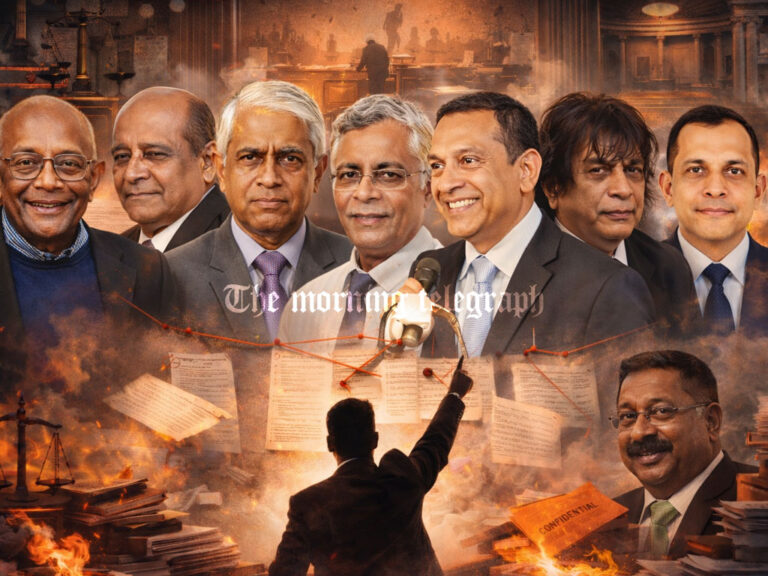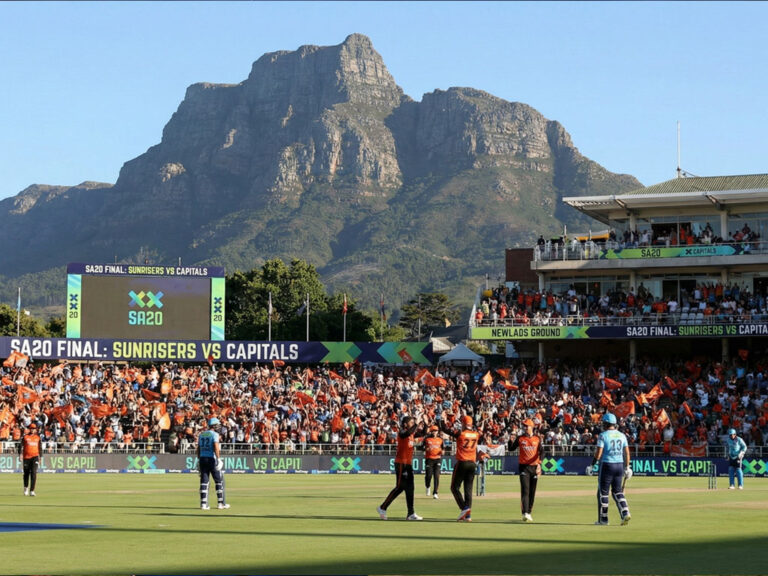
In a significant development that could affect Sri Lanka’s ongoing engagement with the International Monetary Fund (IMF), the government has formally notified the Fund that it is currently unable to meet a critical revenue target related to export growth.
The condition, which required Sri Lanka to increase its export earnings by an additional USD 3 billion, was part of the broader economic restructuring package tied to the IMF’s Extended Fund Facility. However, recent global trade disruptions—most notably the escalating tariff war between the United States and China—have created a hostile environment for Sri Lankan exports, prompting the government to seek a deferment.
Officials from the Ministry of Finance have warned that the country’s key export sectors—including garments, rubber, coconut products, and value-added crops—are now facing steep declines in competitiveness due to newly imposed tariffs by the United States.
As of this month, the US has implemented a sweeping 44% tariff on imports from several countries, including Sri Lanka, although enforcement has been suspended for 90 days to allow for negotiations. This pause has given Colombo a small but crucial window to address the issue diplomatically.
In response, the government has requested the IMF to grant a grace period for the implementation of the export revenue target until an alternative strategy can be identified and implemented. The request emphasizes that failure to secure breathing room could risk undoing recent gains in macroeconomic stability, foreign reserves, and investor confidence.
A high-level Sri Lankan delegation is expected to depart for Washington, D.C., next week to hold direct discussions with US trade officials. The agenda will reportedly focus on securing trade concessions, mitigating the export fallout, and proposing a phased approach to meet the IMF’s revenue benchmarks.
This development comes at a time when Sri Lanka is walking a tightrope—balancing internal fiscal consolidation measures, debt restructuring requirements, and geopolitical realignments. Analysts note that the suspension of the tariff for 90 days offers a rare chance to lobby for targeted exemptions or transitional mechanisms for vulnerable industries.
“If Sri Lanka cannot preserve its access to key export markets, the IMF’s expectations on revenue mobilization will become structurally unachievable, at least in the short term,” said one economic analyst familiar with the negotiations.
The IMF, for its part, has insisted that reforms must be paired with realistic revenue outcomes and has repeatedly signaled that export-led growth is essential to Sri Lanka’s long-term recovery.
While Colombo’s plea for a grace period will be seen as a test of the IMF’s flexibility amid changing global conditions, it also places added pressure on trade diplomacy and institutional reform. The ability to pivot quickly, diversify export markets, and stimulate domestic value chains may well determine whether Sri Lanka can stay on course with its economic recovery roadmap.
As the clock ticks down on the 90-day suspension, all eyes will now be on Washington—and whether Sri Lanka can extract a deal that offers both relief and runway.




